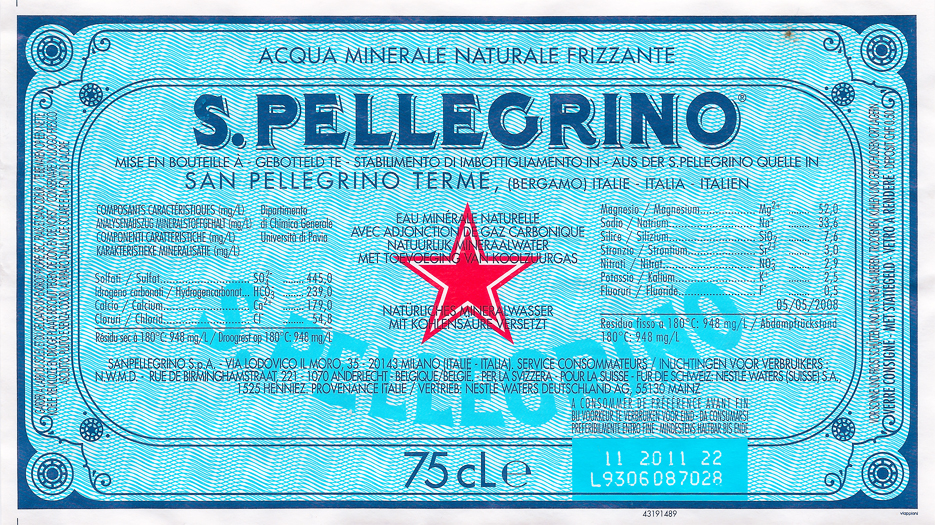The following recommendations apply to “soft” water. Here we will define soft as meaning RO or distilled water or any water whose lab report indicates alkalinity less than 35 (ppm as CaCO3 – all other numbers to follow mg/L), sulfate less than 20 (as sulfate – Ward Labs reports as sulfur so multiply the SO4-S number by 3 to get as sulfate), chloride less than 20, sodium less than 20, calcium less than 20 and magnesium less than 20. If your water has numbers higher than these, dilute it with RO or DI water. A 1:1 dilution reduces each ion concentration to 1/2, a 2:1 dilution to 1/3 and so on. If your water contains chloramines add 1 campden tablet per 20 gallons (before any dilution)
Baseline: Add 1 tsp of calcium chloride dihydrate (what your LHBS sells) to each 5 gallons of water treated. Add 2% sauermalz to the grist.
Deviate from the baseline as follows:
For soft water beers (i.e Pils, Helles). Use half the baseline amount of calcium chloride and increase the sauermalz to 3%
For beers that use roast malt (Stout, porter): Skip the sauermalz.
For British beers: Add 1 tsp gypsum as well as 1 tsp calcium chloride
For very minerally beers (Export, Burton ale): Double the calcium chloride and the gypsum.
These recommendations should get you a good beer if not the best beer. To get the best you should vary the amounts of the added salts noting carefully whether a change benefits or detriments your enjoyment of the beer. Additional sulfate will sharpen the perceived hops bitterness. Additional chloride will round, smooth and sweeten the beer. Add or decrease these in small amounts.



 But I must say so far I have only made one beer that I only could choke 4 of the 5 gallons down. (I needed the keg) A single can kit of a cerveza. Not sure what I expected for $16 but damn worse than corona. Was a true to life Clydesdale drinker. Started brewing in March, Stopped "buying " beer in May. Well bmc beer. Just kinda sucks in the armpit of the midwest cant get ahold of any of the beers everyone talks about here. ok too many hb for week night shut up go to bed
But I must say so far I have only made one beer that I only could choke 4 of the 5 gallons down. (I needed the keg) A single can kit of a cerveza. Not sure what I expected for $16 but damn worse than corona. Was a true to life Clydesdale drinker. Started brewing in March, Stopped "buying " beer in May. Well bmc beer. Just kinda sucks in the armpit of the midwest cant get ahold of any of the beers everyone talks about here. ok too many hb for week night shut up go to bed